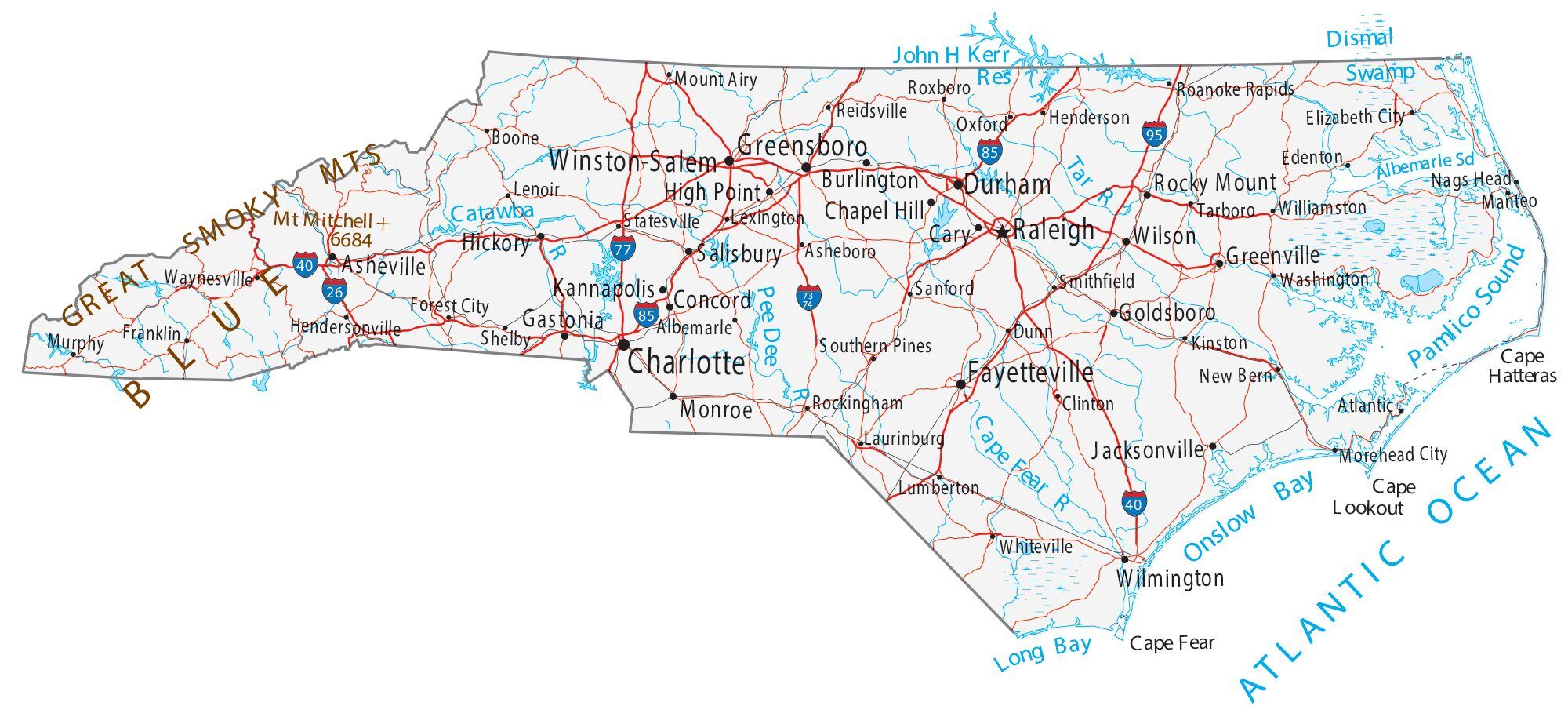Understanding the North Carolina septic tank rules is crucial for homeowners and property developers in the state. With a significant number of properties relying on septic systems for wastewater management, it is essential to comply with regulations to ensure environmental safety and public health. This article will provide a comprehensive overview of the regulations, compliance information, costs, local resources, and supportive materials related to septic systems in North Carolina.
State-Specific Regulations Information
Installation Permits
In North Carolina, obtaining a permit is a critical step before installing a septic system. The NC septic permits are required to ensure that systems meet the state’s health and environmental standards. Homeowners must submit an application to their local health department, which will review the proposed system’s design and placement. The cost of these permits can vary depending on the county and specific requirements but typically ranges from $100 to $500. It’s advisable to check with your local health department for exact fees and additional requirements.
Septic Tank Size and Placement
The North Carolina septic system requirements specify guidelines for the size of septic tanks and the placement of drain fields. Generally, the minimum size for a residential septic tank is 1,000 gallons; however, larger tanks may be required based on the number of bedrooms in the home or specific site conditions. When it comes to drain field placement, the regulations dictate that it should be located at least 10 feet away from property lines and 50 feet from any water sources like wells or streams. Additionally, proper soil evaluation is necessary to determine suitability for installation.
Wastewater Disposal
North Carolina has established North Carolina sewage disposal standards that govern how wastewater must be treated and disposed of. Homeowners must ensure that their systems are designed to effectively treat sewage before it enters the environment. This includes maintaining proper separation distances from water sources and ensuring adequate drainage.
Maintenance and Pumping
Regular maintenance is vital for the longevity of septic systems. The North Carolina health code recommends that homeowners pump their septic tanks every 3 to 5 years, depending on usage and household size. Regular inspections can help identify potential issues before they become serious problems. Proper maintenance also includes monitoring water usage and avoiding flushing non-biodegradable items down the toilet. Following these guidelines helps maintain system efficiency and compliance with state regulations.
Compliance Information
Potential Fines/Penalties
Failure to comply with North Carolina wastewater management laws can result in significant fines and penalties. Violations may lead to fines ranging from $250 to $5,000 per day, depending on the severity of the infraction. Additionally, homeowners may be required to upgrade or replace non-compliant systems at their own expense.
Environmental Protections
North Carolina has specific environmental protections in place related to on-site sewage treatment systems (OSTS). These regulations aim to prevent contamination of groundwater and surface water resources. Compliance with these protections is not only essential for legal reasons but also vital for safeguarding public health.
Cost Information
Typical Costs for Septic Services
Understanding the costs associated with septic systems can help homeowners budget effectively. Here’s a breakdown of typical expenses related to septic maintenance and installation in North Carolina:
- Permit Fees: As mentioned earlier, permit fees generally range from $100 to $500.
- Pumping Costs: The cost for pumping a septic tank typically ranges from $200 to $400, depending on tank size and location.
- Installation Estimates: Installing a new septic system can cost between $3,000 and $10,000 or more, depending on soil conditions, tank size, and local regulations.
These costs can vary significantly based on location and specific site conditions; therefore, it’s wise to obtain multiple quotes from certified professionals.
Local Resources & Contact Information
Official State Agencies
In North Carolina, several agencies oversee septic system regulations:
- North Carolina Department of Health and Human Services (NCDHHS): This agency manages public health issues related to septic systems.
- North Carolina Department of Environmental Quality (NCDEQ): This department oversees environmental standards related to wastewater management.
Local Health Departments
Local health departments play a crucial role in managing septic permits and inspections. You can find your local health department’s website through the NCDHHS website or by contacting them directly for information on services offered.
Certified Septic Service Providers
Homeowners should seek out certified septic service companies for installation and maintenance. The NCDHHS provides a list of licensed professionals who comply with state regulations. These companies can assist with everything from design to regular maintenance.
Supportive Resources
For further information regarding North Carolina septic tank rules, consider visiting these resources:
- North Carolina Department of Health and Human Services
- North Carolina Department of Environmental Quality
- Local health department websites for specific county regulations.
Additionally, various organizations offer downloadable guides and infographics that explain septic system maintenance best practices in detail.
Conclusion
Adhering to the North Carolina septic tank rules is essential for protecting both public health and the environment. By understanding installation permits, tank sizing guidelines, wastewater disposal standards, maintenance schedules, compliance requirements, costs involved, and available resources, homeowners can ensure their septic systems operate efficiently within state regulations. For any questions or further assistance, always consult local health departments or certified professionals who specialize in septic services.
FAQs About Septic Tank Rules in North Carolina
What permits are required for installing a septic system in North Carolina?
In North Carolina, at least two permits are required for installing a septic system: the Improvement Permit (IP) and the Construction Authorization (CA). The IP is issued after an evaluation of the soil to determine its suitability for a septic system, while the CA allows for the actual construction of the system. A final Operations Permit (OP) is also needed before the system can be put into operation.
How do I find my septic system permit?
To locate your septic system permit, you should contact your local Environmental Health Department. Many counties offer online access to septic permits through their websites or GIS systems. If online access is not available, you may need to submit a request via email or in person.
How often should I pump my septic tank?
It is generally recommended to pump your septic tank every 3 to 5 years, depending on household size and usage. Regular pumping helps prevent clogs and ensures that the system operates efficiently. If you notice signs of failure, such as slow drains or sewage odors, you should pump your tank immediately.
What happens if I do not comply with septic regulations?
Failure to comply with North Carolina wastewater management laws can result in fines ranging from $250 to $5,000 per day, depending on the violation’s severity. Additionally, non-compliance may require costly upgrades or replacements of your septic system.
Are there specific maintenance practices I should follow for my septic system?
Yes, proper maintenance is crucial for the longevity of your septic system. Recommended practices include:
- Conserving water to reduce strain on the system.
- Avoiding flushing chemicals or grease down the drain.
- Maintaining ground cover over the drain field.
- Inspecting the system every five years to check for potential issues.
What are the typical costs associated with septic maintenance in North Carolina?
Costs can vary significantly based on location and specific services needed:
- Permit Fees: Typically range from $100 to $500.
- Pumping Costs: Usually between $200 and $400.
- Installation Estimates: Can range from $3,000 to $10,000 or more depending on site conditions and tank size.
How do I ensure my septic system complies with environmental standards?
To comply with North Carolina environmental quality standards, ensure that your system is designed and installed according to state regulations. This includes obtaining necessary permits, following recommended maintenance schedules, and ensuring proper placement away from water sources.
Can I install a new septic system if my property has an existing one?
Yes, but you will need to apply for an Existing System Authorization if you are not increasing the number of bedrooms or encroaching on the existing septic
Directory | Washington Septic Service Providers | Part 2
Directory | Washington Septic Service Providers | Part 1
DIY Repairs Are Always Cheaper
Septic Regulations in Rural Areas: Essential Guide for Rural Property Owners
The Role of Perforated Pipes in Drain Fields
What Happens During a Pumping Service?







